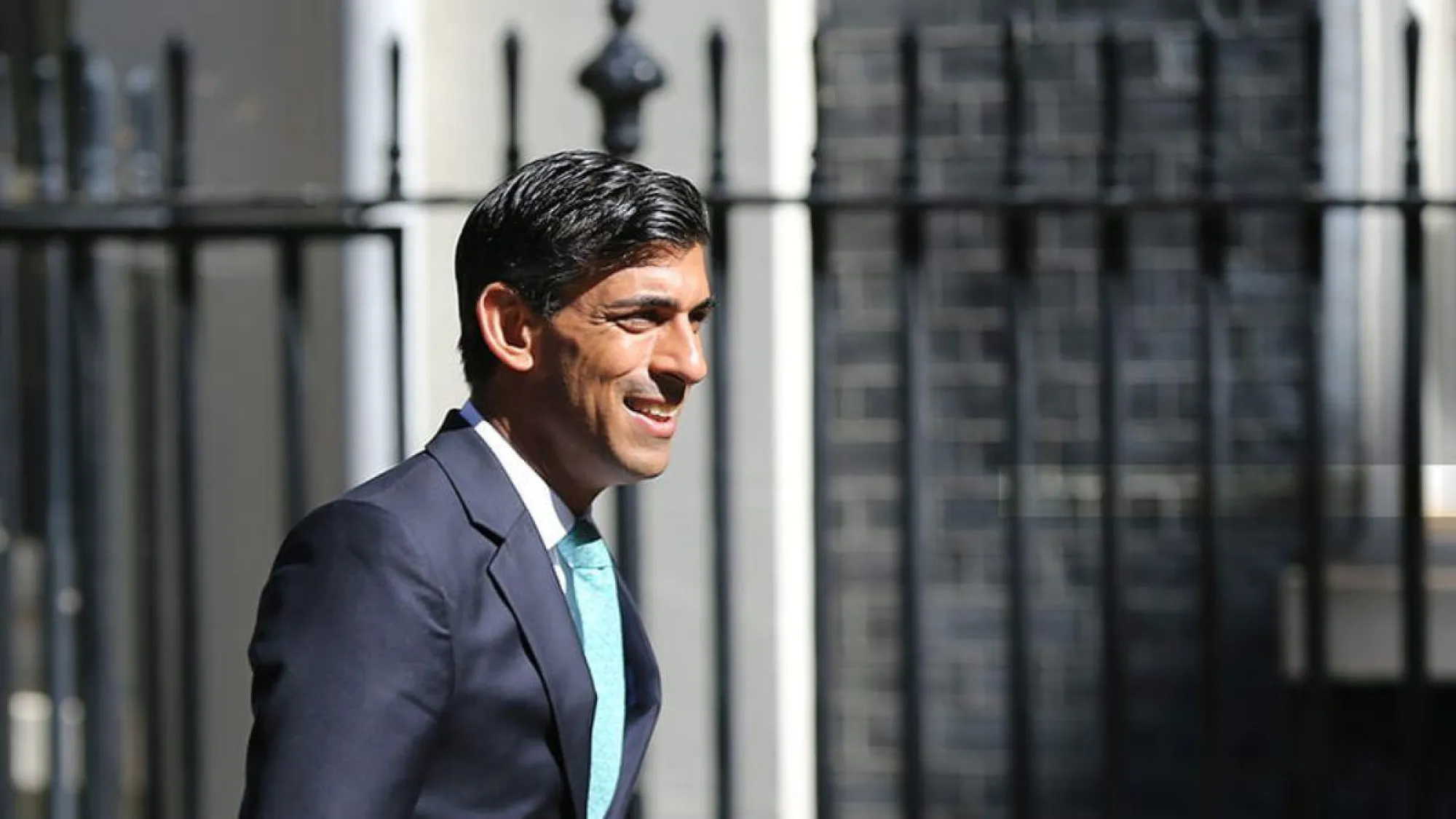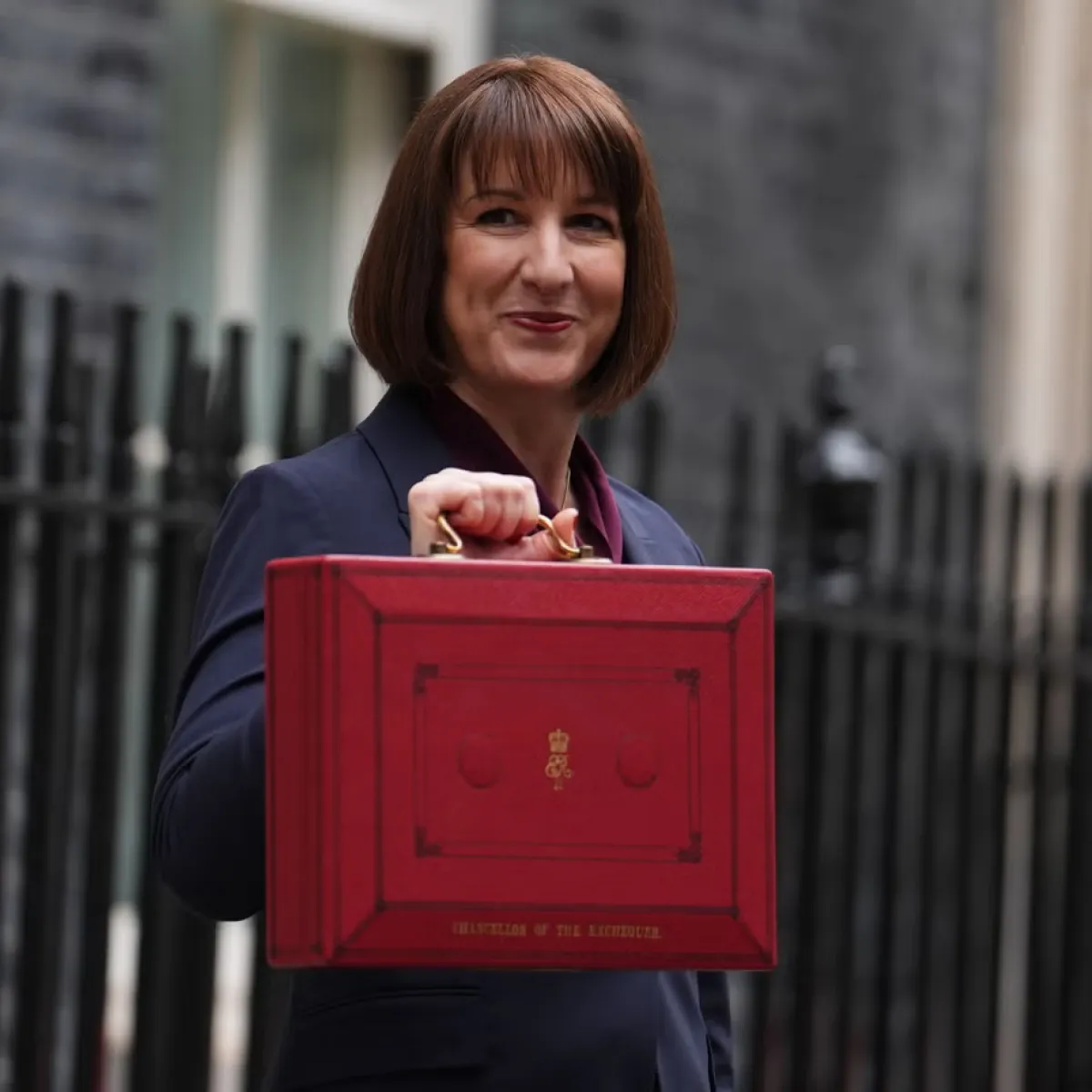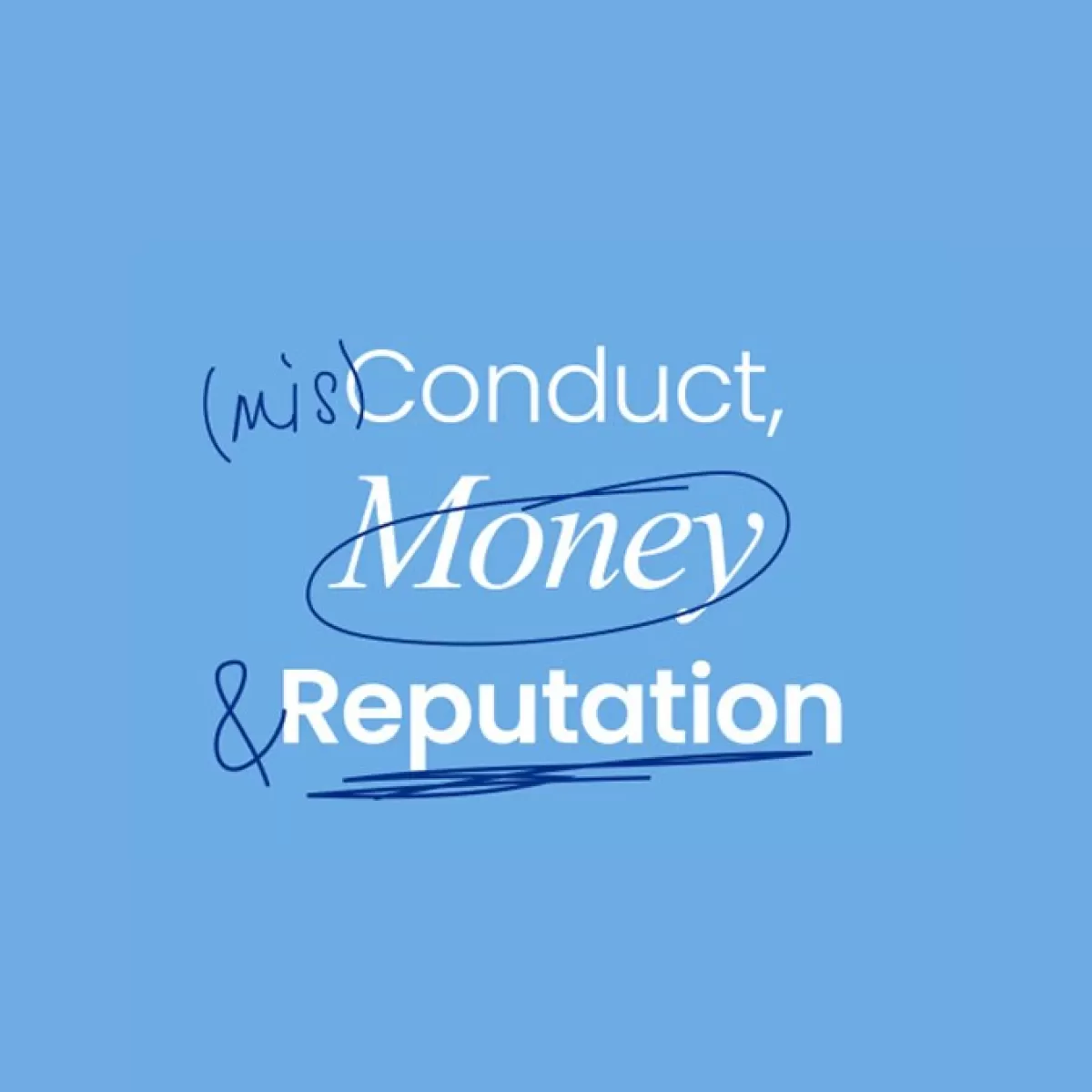This website uses cookies. Learn more
Philip Collins: What does Rishi Sunak stand for?
First published in Political Capital - our weekly public affairs and polling news drop.

Philip Collins, Founder of The Draft, chief speechwriter to former prime minister Tony Blair and Senior Advisor to Lansons lays bare what the Prime Minister's newly created government departments say about his wider sense of purpose.

There is always a tip-off for the politician who doesn’t have a lot to say. They start changing the name plaques on the departments in Whitehall.
It is not a fool proof sign of emptiness but it is something to look out for.
Rishi Sunak’s first reshuffle as Prime Minister brought with it a Department for Energy Security and Net Zero, a combined Department for Business and Trade, and a new Department for Culture, Media and Sport which has been stripped of digital policy.
Perhaps each one of these changes can be justified but none of this ever really amounts to much. When the central question facing Rishi Sunak is what he is for, this supplies no answer.
There is in fact a key to the Sunak political character in one of his other department changes.
Michelle Donelan has been made Secretary of State in a new department for Science, Innovation and Technology.
Strange that the word “innovation” has crept in between science and technology, as if it was telling the other two what to do. Science and Technology are subjects and Innovation is a process. It is also a word that people steeped in business – which is just how Rishi Sunak speaks – seem to think is essentially equivalent to saying “good”.
Not all innovation is good, though. And not all science or technology is innovative.
Lots of scientific work is in fact carrying out the established principles over and over again. We can’t make everything new every day. And we don’t innovate, in any case, by government decree.
One hundred days into his Premiership, it remains difficult to work out the character of the Sunak government. What, if anything, doe he want? What are his signature tunes? What are the policies by which he should be known?
It is true that, with the calming influence of his Chancellor Jeremy Hunt, the government has calmed the markets and reduced the interest rate premium that was threatening pension funds and household mortgage debt.
That is an achievement but a negative one in that it was merely correcting a major error of the previous Conservative Chancellor.
Apart from that, we have had a five point plan which was Mr Sunak’s attempt to define the terms by which he should be judged. It was politically astute in that at least four of the five items – inflation, growth, debt and waiting lists – are likely to be achieved without much need of any more work. Dealing with migration across the Channel is tougher but could hardly be omitted.
That was the attempt to draw up the scorecard for the next election, and fair enough too.
But where is the accompanying idea, the sense of purpose?
The obvious speech for Mr Sunak is an address on science and technology, in which he sets out the respective roles of the academy, the private sector and the state and describes to us how a modern economy like Britain can earn a living in the world through the application of its brainpower.
Innovation, in other words, is something you do, not something you paint on a door.
**
Want to understand what a Labour government means for your organisation, and industry?
We're hosting Labour workshops with policy experts to help organisations, brands and associations better understand the upcoming landscape, opportunities and challenges. To find out more, register interest using the form below.
Stay in the loop with our experts




New Business: to find out how we can help you, contact our dedicated new businesss team consultancy@lansons.com
Careers: we’d love to hear from you, please visit our careers hub











